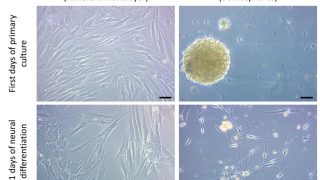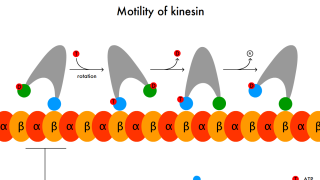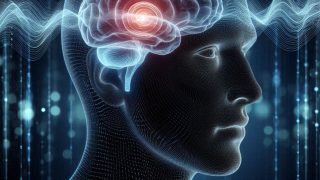
How to (potentially) repair our brain using our wisdom teeth
One of the most famous quotes that Santiago Ramón y Cajal wrote in his work “Rules and tips on scientific research” was “Every man can, if he so desires, become the sculptor of his own brain.” . However, the use of dental material as mud and stones to model or repair sculptures probably sounded like […]








